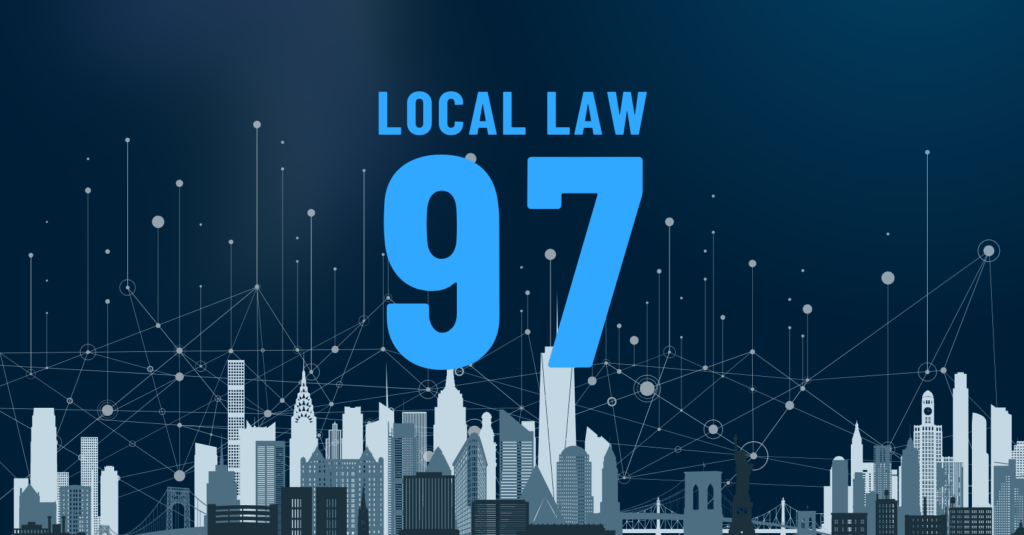About 94% of New York City buildings covered by Local Law 97 filed required documents showing actions to comply for 2024 related to carbon emissions reductions, requested extensions until Dec. 31 or are in
talks with the city Buildings Dept.”to determine their appropriate compliance,” the agency said.
The law will require buildings over 25,000 sq ft to emit net-zero carbon emissions by 2050, directing gradual upgrades of oil and gas-burning appliances to electric. All but 1,400 property owners have taken those steps, according to what the department told Politico, although it did not provide a more detailed breakdown of compliance data.
Buildings, including hotels, office buildings, apartments and condos now produce about two-thirds of city carbon emissions. The 2019-enacted law aims for those larger than 25,000 sq ft to reduce the emissions 40% by 2030 and 80% by 2050. A registered design professional must certify whether annual reported emissions are within limits or by how much they are not, with possible penalties for missed caps or late paperwork.
A panel of state appellate court judges dismissed in May a lawsuit brought by two Queens coops to overturn Local Law 97, claiming it violates state law.
Compliance observers point to owner difficulties in finding enough contractor and engineering firm support. The same buildings are also covered by the city’s Local Law 95, which requires annual energy efficiency reports, said Jimmy Carchietta, CEO of The Cotocon Group, a consulting firm that has helped properties comply with both laws. Other owners are wary that compliance reviews could result in fines owed, said Faisal W. Taha, a principal at Lawless and Mangione Engineers and Architects LLP. But only a handful of buildings his firm has worked with needed to make changes, mostly those with steam absorption chillers dating to the 1970s and 1980s.
The Urban Land Institute New York and the Mayor’s Office of Climate & Environmental Justice last week released Decarbonizing NYC Co-ops: A Local Law 97 Compliance Roadmap, which offers strategies to meet Local Law 97 technical, funding and regulatory challenges. The administration of Mayor Eric Adams has also advocated for funds from offset certificates—which buildings can use to cover 10% of their carbon limits—to be allocated for equipment upgrades on properties needing financial assistance.
Compliance affordability for homeowners and landlords also has become an issue in the city’s Nov. 4 mayoral race, with Democratic frontrunner Zohran Mamdani promising to strictly enforce Local Law 97 but advocating for the city to bulk buy compliant equipment for some owners. Candidate Andrew Cuomo (D) would seek to have the city council modify the law to reduce penalties for co-ops making good faith compliance efforts while Republican Curtis Sliwa would stop the law’s enforcement and seek its repeal.

